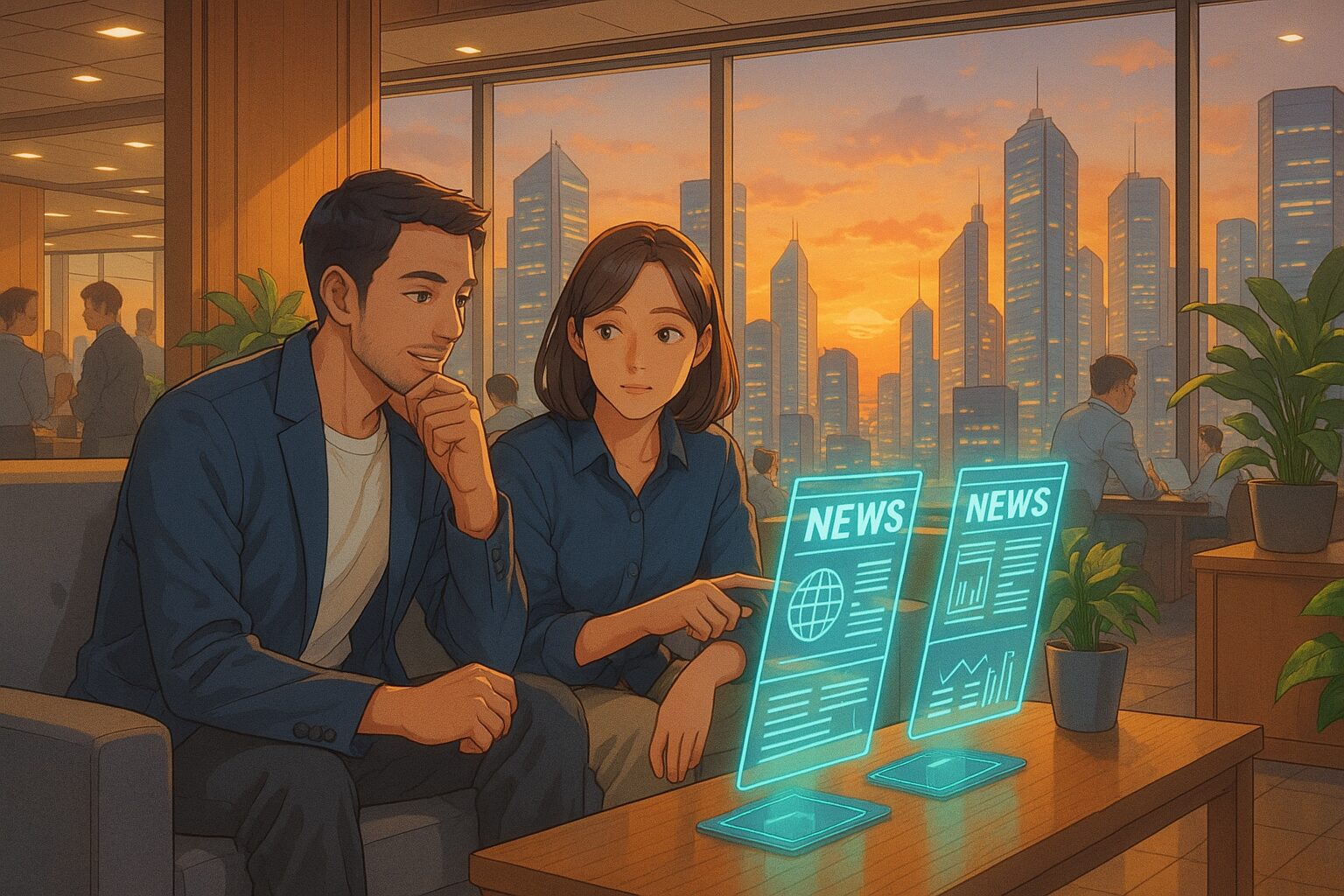A Future Where Mice with Human Brain Cells Become Common?
Recently, Chinese scientists discovered that transplanting human brain cells into mice improved their happiness levels. What if this technology becomes commonplace in our daily lives? How would our society change?
1. Today’s News
Source:
SCMP – Chinese scientists transplant human brain cells to mice, boosting pleasure
Summary:
- Chinese scientists have created brain cells that generate dopamine using human stem cells.
- When these cells were transplanted into mice, their symptoms of depression decreased, and their ability to feel pleasure improved.
- This technology holds potential as a direct treatment method for neuropsychiatric disorders.
2. Considering the Background
This research became possible due to advancements in neuroscience and regenerative medicine. In particular, stem cell technology has rapidly developed in recent years and is being applied in various medical fields. The impact of new treatments for depression and mental disorders on our lives could be substantial. So, why is this technology gaining attention now? It is because the importance of mental health is increasingly being recognized, leading to a growing demand for the evolution of treatments.
3. What Does the Future Hold?
Hypothesis 1 (Neutral): A Future Where Transplanting Human Brain Cells is Commonplace
If this technology becomes widely adopted, it may revolutionize the treatment of neuropsychiatric disorders. Directly, it could accelerate the recovery of mental health and potentially become a new standard in medical practice. Furthermore, societal stigma against mental disorders may decrease, leading to a more open society where health issues can be discussed. Ultimately, values regarding health could change, ushering in an era that prioritizes mental well-being.
Hypothesis 2 (Optimistic): A Future with Significant Advances in the Treatment of Mental Disorders
If this technology succeeds on a large scale, mental disorders may become a thing of the past. It could be used not only to treat illnesses but also as a means of prevention, making it easier to maintain mental health. This would reduce stress in workplaces and schools, leading to a more positive social environment. Ultimately, a culture that integrates mental and physical health considerations may take root.
Hypothesis 3 (Pessimistic): A Future Where Natural Emotions Diminish
Conversely, concerns about the artificial manipulation of human emotions exist. Directly, there may be a loss of emotional diversity and the emergence of standardized emotions. This could restrict individual expression and lead to monotonous social interactions. Ultimately, new ethical debates regarding the nature of emotions may arise, requiring careful responses to the evolution of technology.
4. Tips for Us
Thought Provoking Tips
- Reconsider your values regarding how to face future technological advancements.
- Regularly evaluate your mental health and incorporate it into your choices.
Small Practical Tips
- Observe your emotions in daily life and start small initiatives to maintain health.
- Socially share information about technological advancements and encourage dialogue.
5. What Would You Do?
- Are you in favor of or against the spread of this technology?
- What initiatives will you start for mental health?
- What do you think can be done to preserve emotional diversity?
What kind of future did you envision? Please share with us on social media or in the comments.









